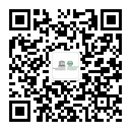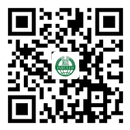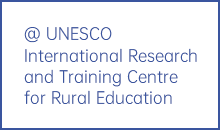Foreword
It has never been more crucial to make education a universal right, and a reality for all. Our rapidly-changing world faces constant major challenges – from technological disruption to climate change, conflict, the forced movement of people, intolerance and hate – which further widen inequalities and exert an impact for decades to come. The COVID-19 pandemic has further exposed and deepened these inequalities and the fragility of our societies. More than ever, we have a collective responsibility to support the most vulnerable and disadvantaged, helping to reduce long-lasting societal breaches that threaten our shared humanity.
In the face of these challenges, the messages of the 2020 GEM Report on inclusion in education are even more poignant. It warns that education opportunities continue to be unequally distributed. Barriers to quality education are still too high for too many learners. Even before Covid-19, one in five children, adolescents and youth were entirely excluded from education. Stigma, stereotypes and discrimination mean millions more are further alienated inside classrooms.
The current crisis will further perpetuate these different forms of exclusion. With more than 90 percent of the global student population affected by Covid-19 related school closures, the world is in the throes of the most unprecedented disruption in the history of education. Social and digital divides have put the most disadvantaged at risk of learning losses and dropping out. Lessons from the past – such as with Ebola – have shown that health crises can leave many behind, in particular the poorest girls, many of whom may never return to school.
This Report’s core recommendation for all education actors to widen their understanding of inclusive education to include all learners, no matter their identity, background or ability comes at an opportune time as the world seeks to rebuild back more inclusive education systems.
This Report identifies different forms of exclusion, how they are caused and what we can do about them. As such, it is a call to action we should heed as we seek to pave the way for more resilient and equal societies in the future. A call to collect better data, without which we cannot understand or measure the true scope of the problem. A call to make public policies far more inclusive, based on examples of effective policies currently in force, and by working together to address intersecting disadvantages, just as we saw Ministries and government departments are capable of when addressing Covid-19.
Only by learning from this report can we understand the path we must take in the future. UNESCO stands ready to help States and the education community so that, together, we can develop the education the world so desperately needs and to ensure that learning never stops.
To rise to the challenges of our time, a move towards more inclusive education is non-negotiable – failure to act is not an option.
Audrey Azoulay
Director-General of UNESCO













